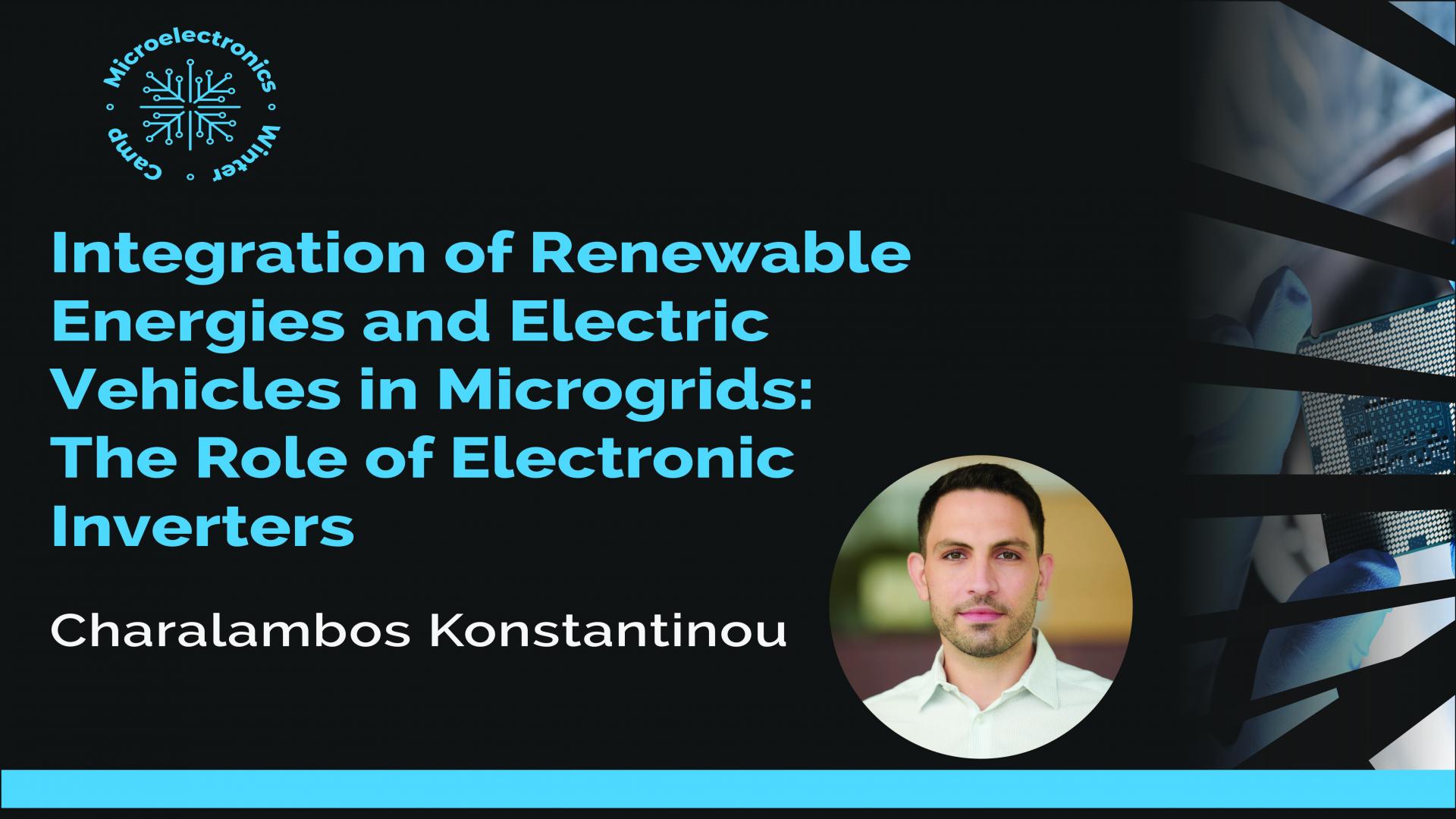Project Start Date
Project End Date
Abstract
Nowadays, advances in renewable energies, electric vehicles, and smart microgrids are providing solutions to environmental and energy problems, but also pose technological challenges that can be tackled by dynamic and highly motivated students. In this context, the electronic inverter is an essential component for the transformation of societies towards more sustainable and efficient ones. These inverters play an essential role in the integration of renewable energy sources, such as solar and wind power. In the field of electric mobility, inverters enable fast and efficient charging of batteries, and they are also used to control the speed and torque of electric motors. Furthermore, coordinated control of multiple vehicle chargers can also support the stability of the power grid. In the context of smart microgrids, these devices provide efficient and decentralized energy management, allowing greater flexibility in power supply at the local level. Overall, electronic inverter applications are paving the way toward a cleaner, more sustainable, and more efficient future in the use of energy. In order to work properly, these inverters require control systems that, based on measurements of electrical variables, regulate the power flow exchanged with the grid. This project proposes the implementation of simulated models of solar photovoltaic and wind power generation systems, battery charging systems, and small microgrids, through the integration of electronic inverters. These inverters will be responsible for regulating the energy flow between solar panels, wind turbines, or batteries with the power grid. The project involves the implementation of innovative control and monitoring techniques for the inverters, allowing for intelligent and optimized management of the energy generated. The project also includes the design and implementation of a smart microgrid, which will allow the storage of surplus energy in state-of-the-art batteries, and its subsequent distribution at times of high energy demand on the grid. The expected result of this engineering project with electronic inverters is the creation of a sustainable energy solution, with a high integration of renewable energies into the power grid. In addition, it seeks to improve the stability and efficiency of the system, thus contributing to the reduction of carbon emissions and the construction of a cleaner and more sustainable energy future.
Deliverables
- Functional simulation model of a microgrid integrating renewable energy sources and electric vehicle chargers.
- Report of simulation results with different case studies.

